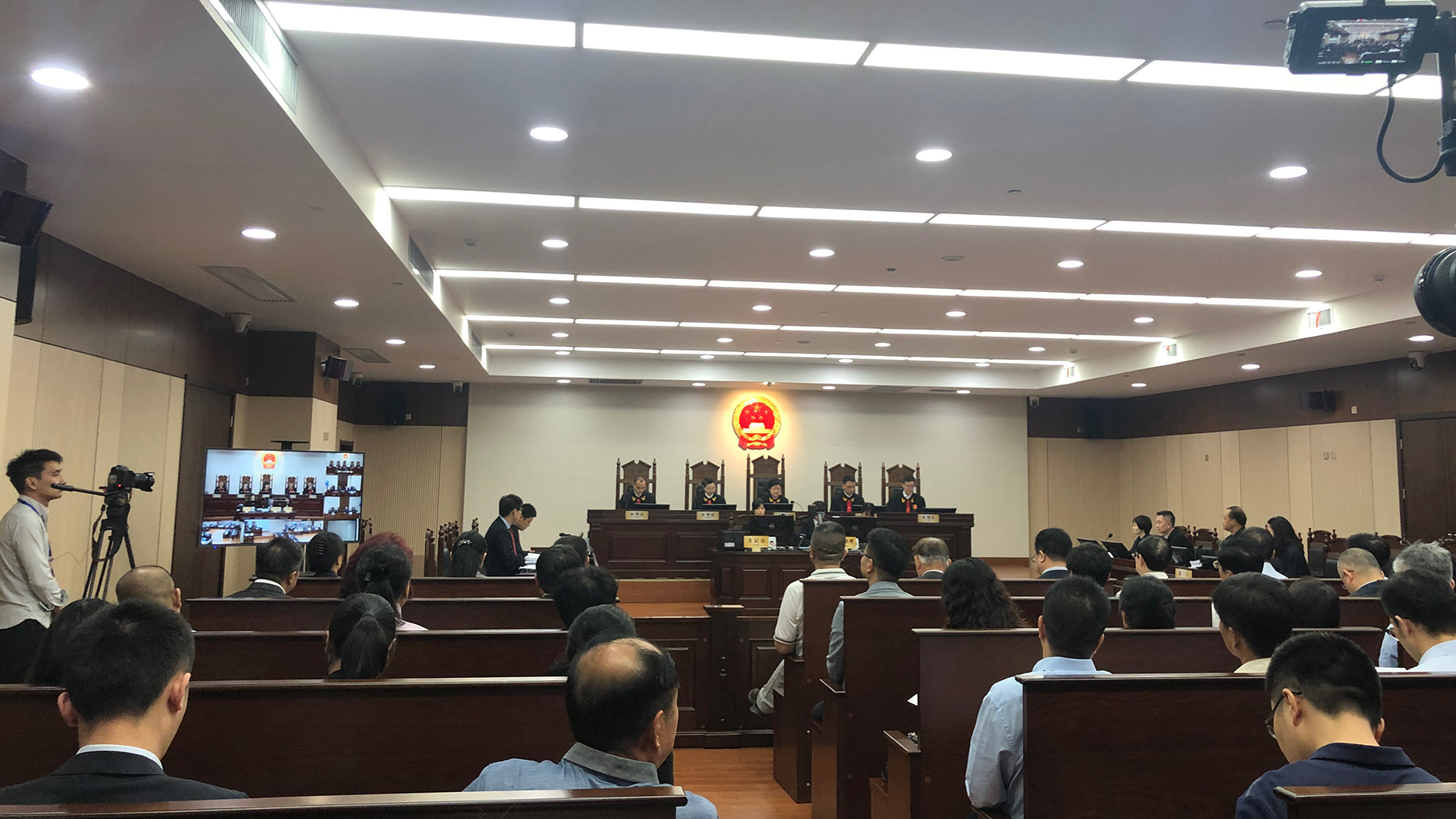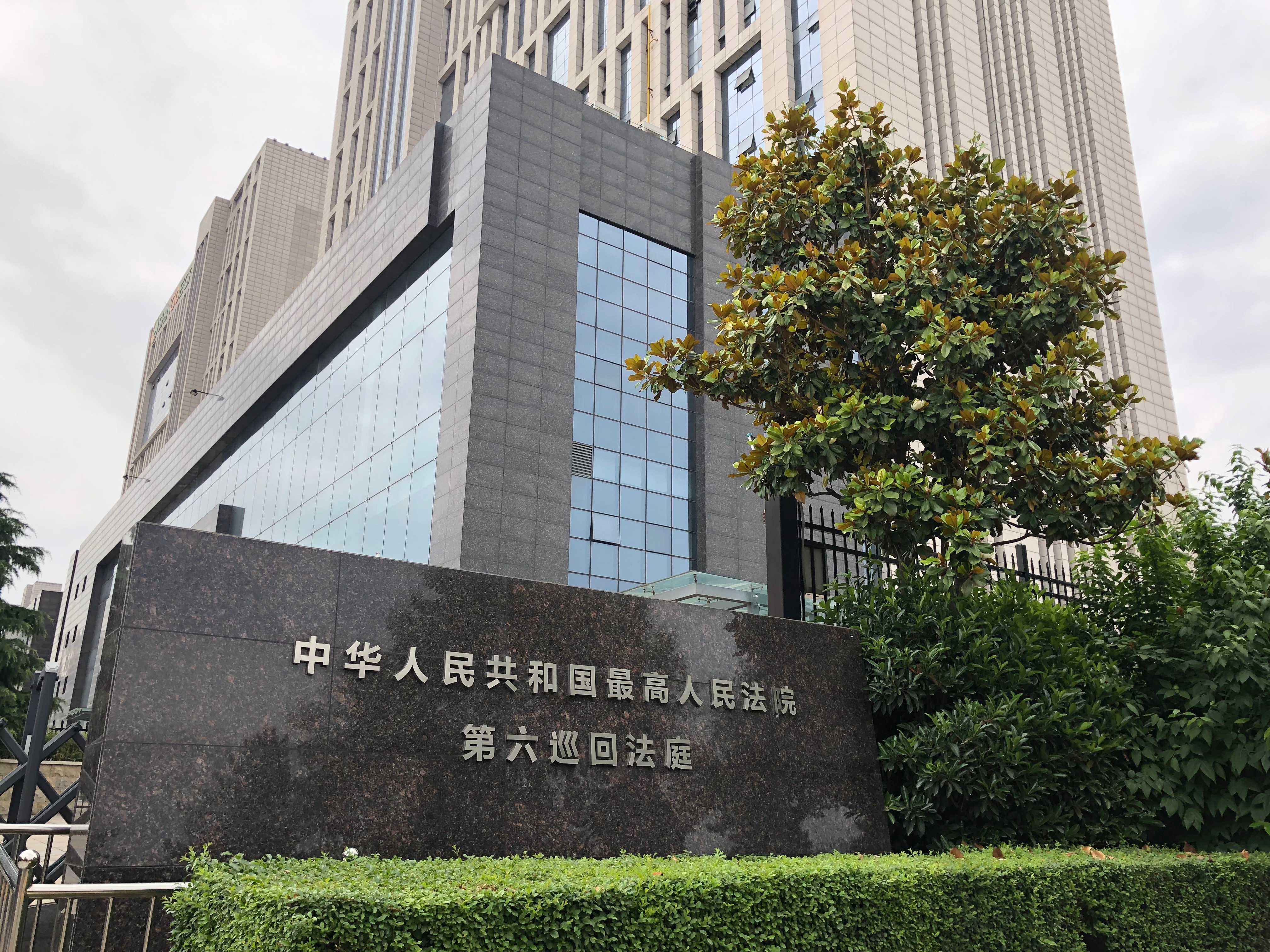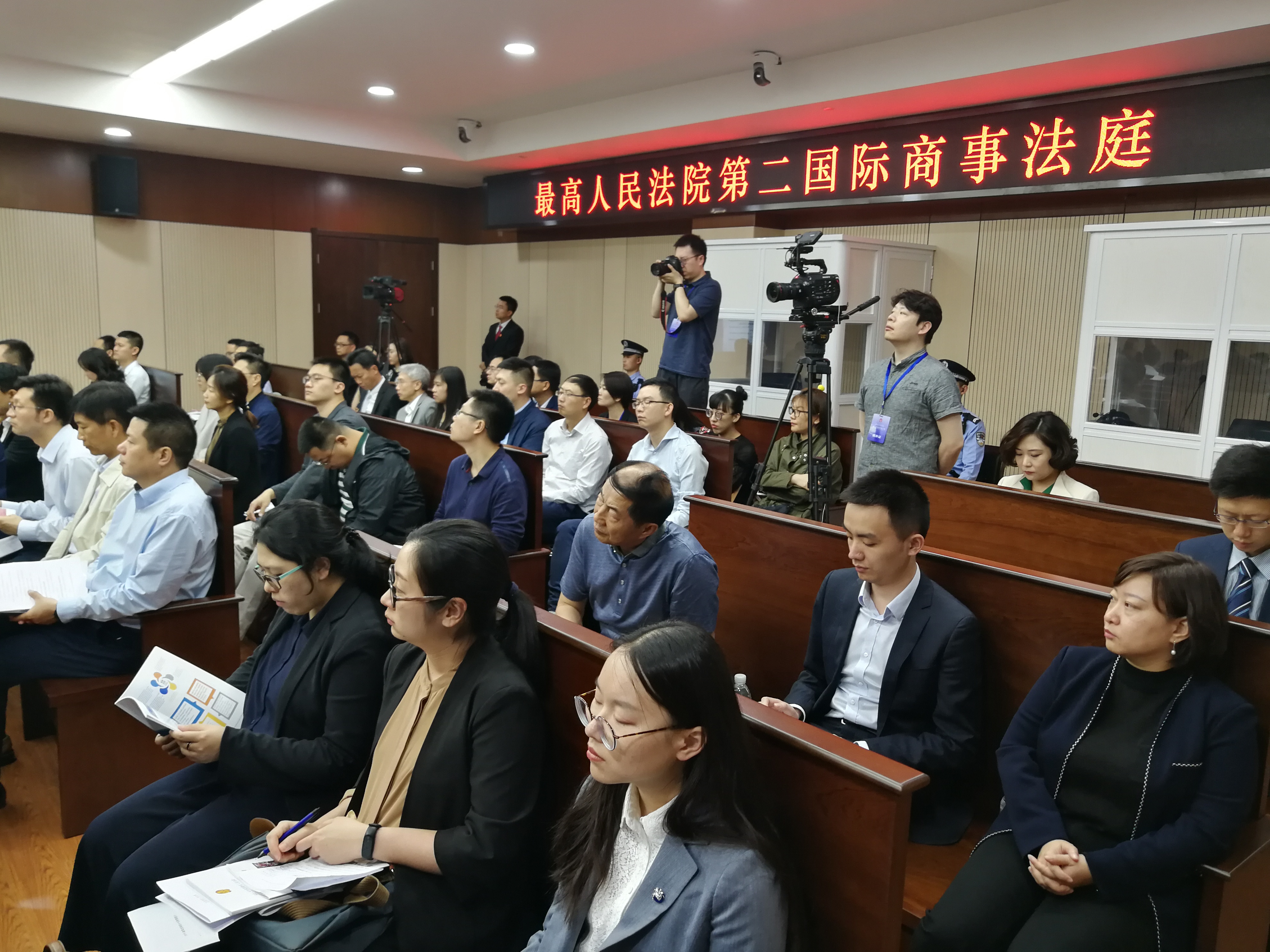
Asia Pacific
22:50, 30-May-2019
China's International Commercial Court hears its first case
Hou Na
02:13

China's International Commercial Court (CICC) in Xi'an heard its first case on Wednesday.
The Supreme People's Court has established two courts since last year, specializing in handling international commercial cases – one in Shenzhen (Guangdong Province), and the other in Xi'an (Shanxi Province).
For many, the establishment is viewed as a landmark that could improve China's global credibility and demonstrate its judiciary to the world.
The trial on Wednesday focused on a shareholder dispute related to Red Bull, the popular energy drink that originated in Thailand.
Though the court did not issue a ruling at the end, legal professionals say it's a huge case.

View of China's International Commercial Court (CICC) in Xi'an. /CGTN Photo
View of China's International Commercial Court (CICC) in Xi'an. /CGTN Photo
Shen Sibao, Chairman of China International Economic and Trade Law Association said the hearing of the first case means China's International Commercial Court has entered a new stage of development.
"It is a landmark case and has historical implications. This hearing is significant because the public needs to know that the court is reliable and can provide fair rulings as it proclaimed it would," said Shan Wenhua, President of Law School of Xi'an Jiaotong University.
Shan also added that the hearing and the two courts play a role in helping China improve its global credibility, especially after China's central leadership promoted the Belt and Road Initiative and the country saw the rapid growth of foreign-related commercial disputes in recent years.
Shan pointed out the key challenge for the two courts is to establish a good reputation worldwide so that it can attract international investors and other traders.

Spectators inside the courtroom. /CGTN Photo
Spectators inside the courtroom. /CGTN Photo
How to solve disputes will largely depend on litigants.
"The one-stop platform is the world's first to combine mediation, arbitration, and litigation. It's more efficient," said Liu Jingdong, Director of International Economic Law Department, CASS.
The top court said Chinese courts at all levels resolved about 200,000 foreign-related civil disputes from 2013 to 2017, with BRI-related cases as a major component.

SITEMAP
Copyright © 2018 CGTN. Beijing ICP prepared NO.16065310-3
Copyright © 2018 CGTN. Beijing ICP prepared NO.16065310-3